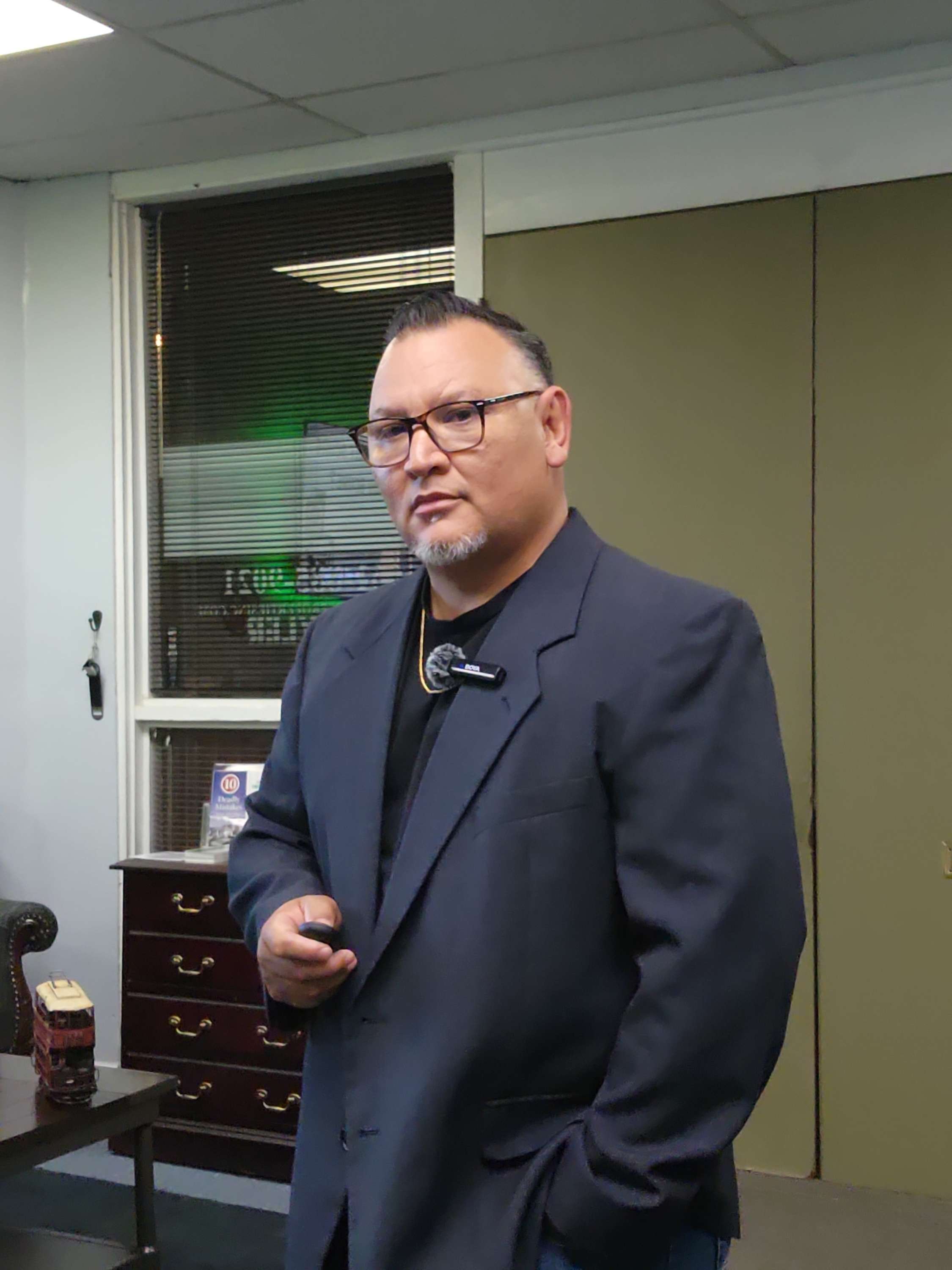Charged Off Debt – What You Need to Know
- Isaac Palacios
- May 13
- 2 min read
Published by Maximum Fico Score
📍 Bakersfield, CA | 💼 Credit Restoration Experts
📞 (661) 505-8085 | 🌐 www.MaximumFicoScore.com/saves

What Is a Charged Off Debt?
When it comes to managing your finances, few terms are as misunderstood—and as damaging—as “charged off debt.” If you’ve received a notice saying your debt was charged off, it might feel like a relief. But don’t be fooled—you’re still responsible for repaying that debt.
A charge-off occurs when a creditor decides your debt is unlikely to be collected and marks it as a loss in their books. However, this doesn't mean your obligation disappears. Most often, the debt is sold to a collection agency, which then begins aggressive attempts to collect.
How Does a Charge-Off Affect Your Credit?

A charged off debt is one of the worst negative marks you can have on your credit report. Why?
It reflects a serious delinquency (usually 180+ days late)
It lowers your credit score significantly—sometimes by 100 points or more
It remains on your credit report for up to 7 years, even if you pay it off
Lenders view charge-offs as red flags that you might be a risky borrower. This can make it harder to get approved for credit cards, loans, or even rent an apartment.
Should You Settle a Charged Off Debt?

You may be tempted to settle the debt for less than what you owe, especially if a collection agency offers you a deal. But be cautious.
Settling a charged off account:
Doesn’t remove it from your credit report
May be reported as “settled” rather than “paid in full,” which still reflects negatively
Could have tax implications if the forgiven debt is reported as income
But ignoring it isn’t wise either. You could eventually face a debt collection lawsuit, wage garnishment, or bank levies depending on your state laws.
What’s the Best Way to Handle Charged Off Debt?

At Maximum Fico Score, we recommend the following steps:
✅ Request Validation: Ask the collector to verify the debt before you make any payment.
✅ Negotiate Carefully: If you must settle, try to get a “pay for delete” agreement—where the item is removed from your credit report upon payment.
✅ Dispute Inaccuracies: Many charged-off accounts contain errors. If the reporting violates the Fair Credit Reporting Act (FCRA), you can demand removal.
✅ Get Help: Work with a credit specialist to create a strategic action plan that protects your credit.
The Bottom Line

A charged off debt is serious—but it’s not the end of your financial story. Understanding what it means, how it affects your credit, and how to respond strategically is essential for long-term financial success.
💡 Don't settle without a strategy. You could do more damage than good.
Let our experts help you dispute inaccuracies, negotiate the right way, and rebuild your credit score the smart way.
📞 Ready to Take Control?
Book a FREE Credit Consultation Today!👉 maximumficoscore.setmore.com/creditspecialist📲 Follow us: @MaximumFicoScore📍 4646 Wilson Road, Suite 101, Bakersfield, CA 93309
.png)




Comments